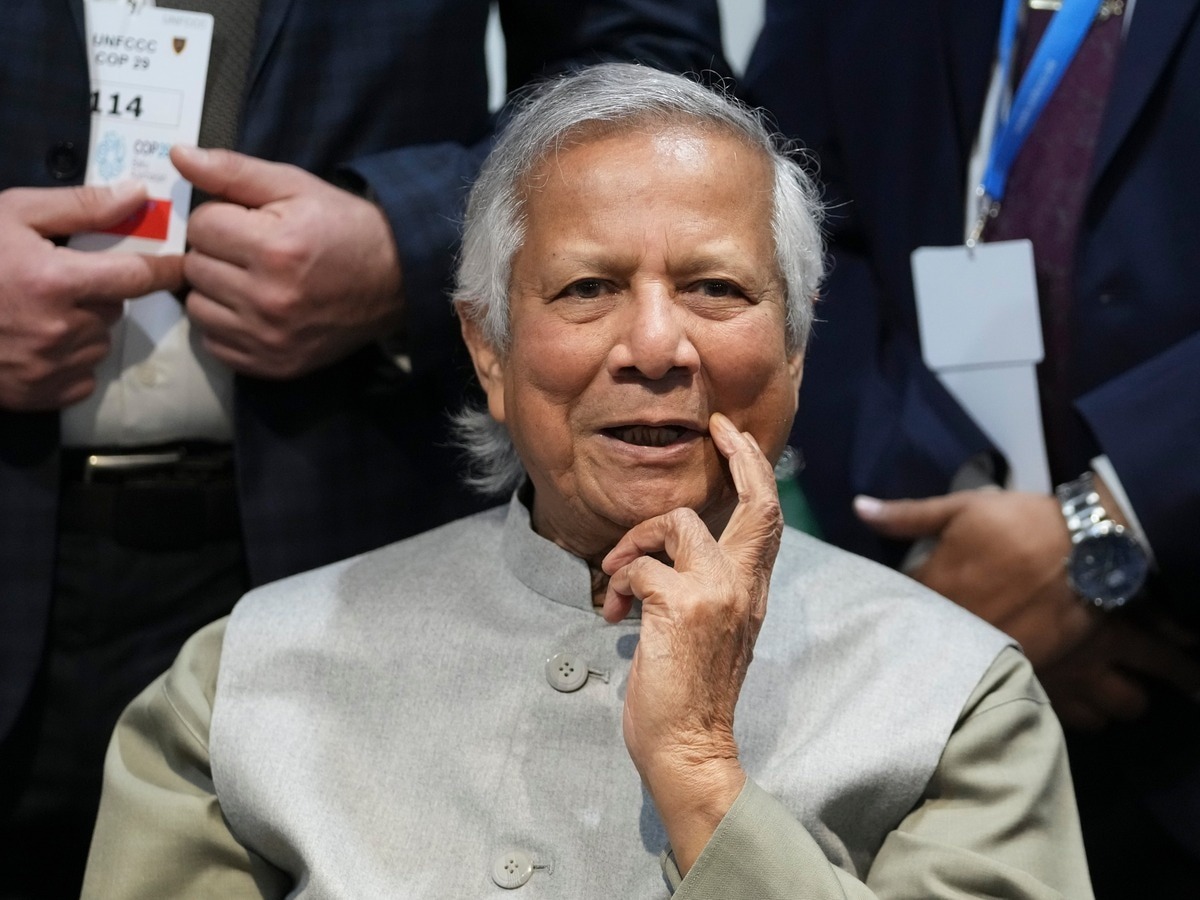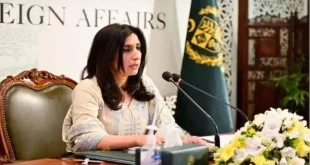India has reacted strongly to the controversial comments made by Mahfouz Alam, a senior aide in the interim government of Bangladesh. Mahfooz Alam, while giving a statement against India in a post on the social media platform Facebook, described West Bengal, Assam, and Tripura as part of Bangladesh and raised questions on India regarding the fall of Sheikh Hasina government. This post made relations between the two countries tense.
India’s tough stance
From New Delhi it was said that such statements are unacceptable. “We have lodged our strong protest with Bangladesh on this issue,” Foreign Ministry spokesperson Randhir Jaiswal said. He also confirmed that the post in question has reportedly been removed. He advised all concerned to exercise responsibility before making any comments in a public forum.
Jaiswal said, “India has always shown interest in strengthening its relations with Bangladesh. But such comments can weaken these relations.”
Controversy over Mahfooz Alam’s post
Mahfooz Alam, who holds the rank of minister in the interim government of Bangladesh and is a prominent leader of the Anti-Discrimination Students Movement, made several controversial claims on India-Bangladesh relations on Facebook.
- He described West Bengal, Assam, and Tripura as part of Bangladesh.
- He said India should recognize the “July Uprising” that forced then Prime Minister Sheikh Hasina to resign.
- On the occasion of Vijay Diwas on December 16, he wrote, “The culture of the people of Bangladesh and Eastern India is similar. But complete liberation is yet to come.”
Alam also claimed that East Pakistan was the result of the politics of upper castes and Hindu fundamentalists. He stressed the need for change like in 1975 and 2024, which would lead to “true independence from India”.
Accusations made against India
Mahfouz Alam accused India of failing to understand the political realities of Bangladesh with its post-1975 strategies. “The Indian government portrayed the rebellion as if it was a seizure of power by a few extremists and Islamic fundamentalists,” he said.
He further wrote that if Bangladesh wanted to strengthen relations with the “new India”, it would first have to recognize the “July Uprising”.
 look news india
look news india



